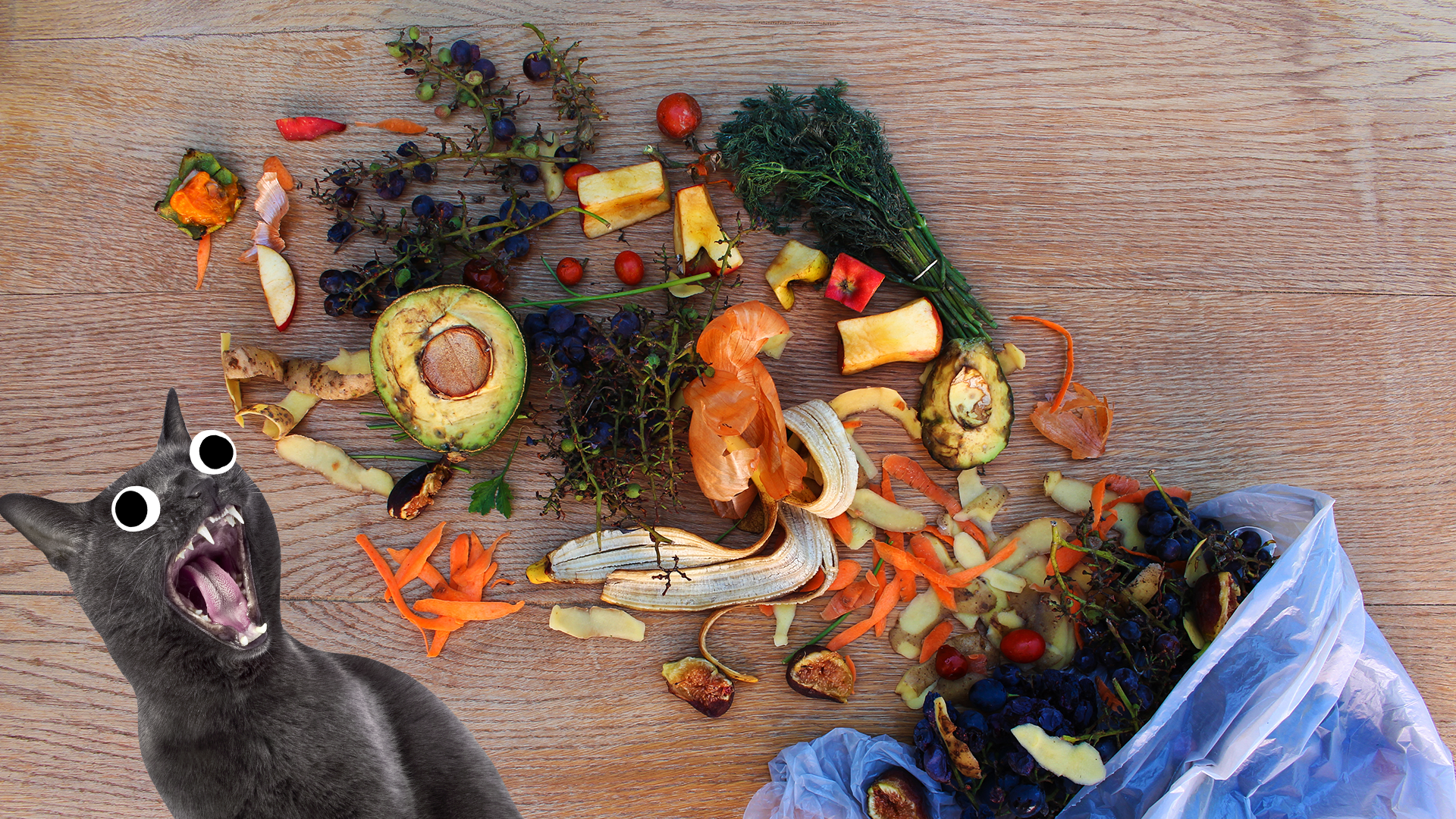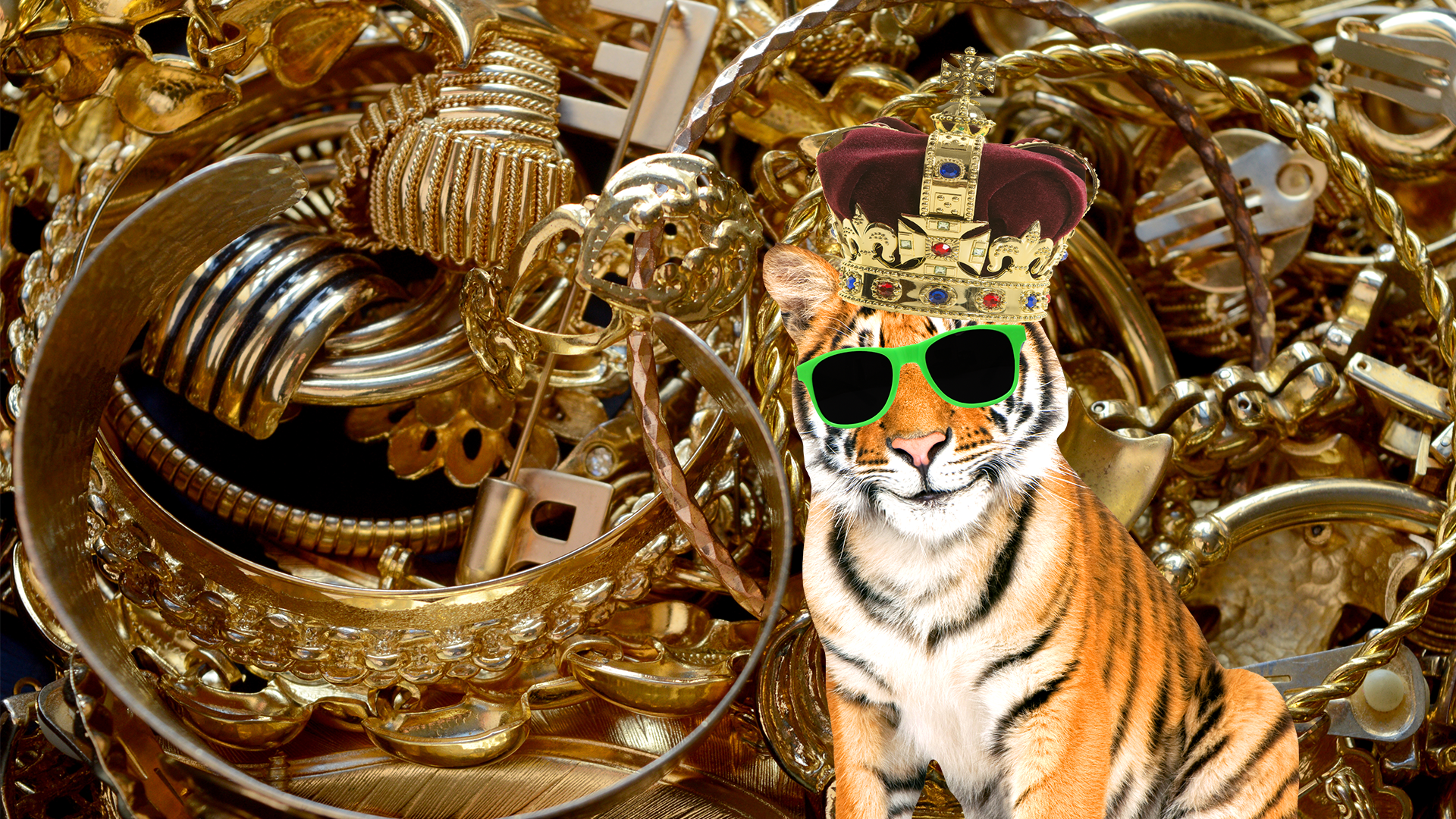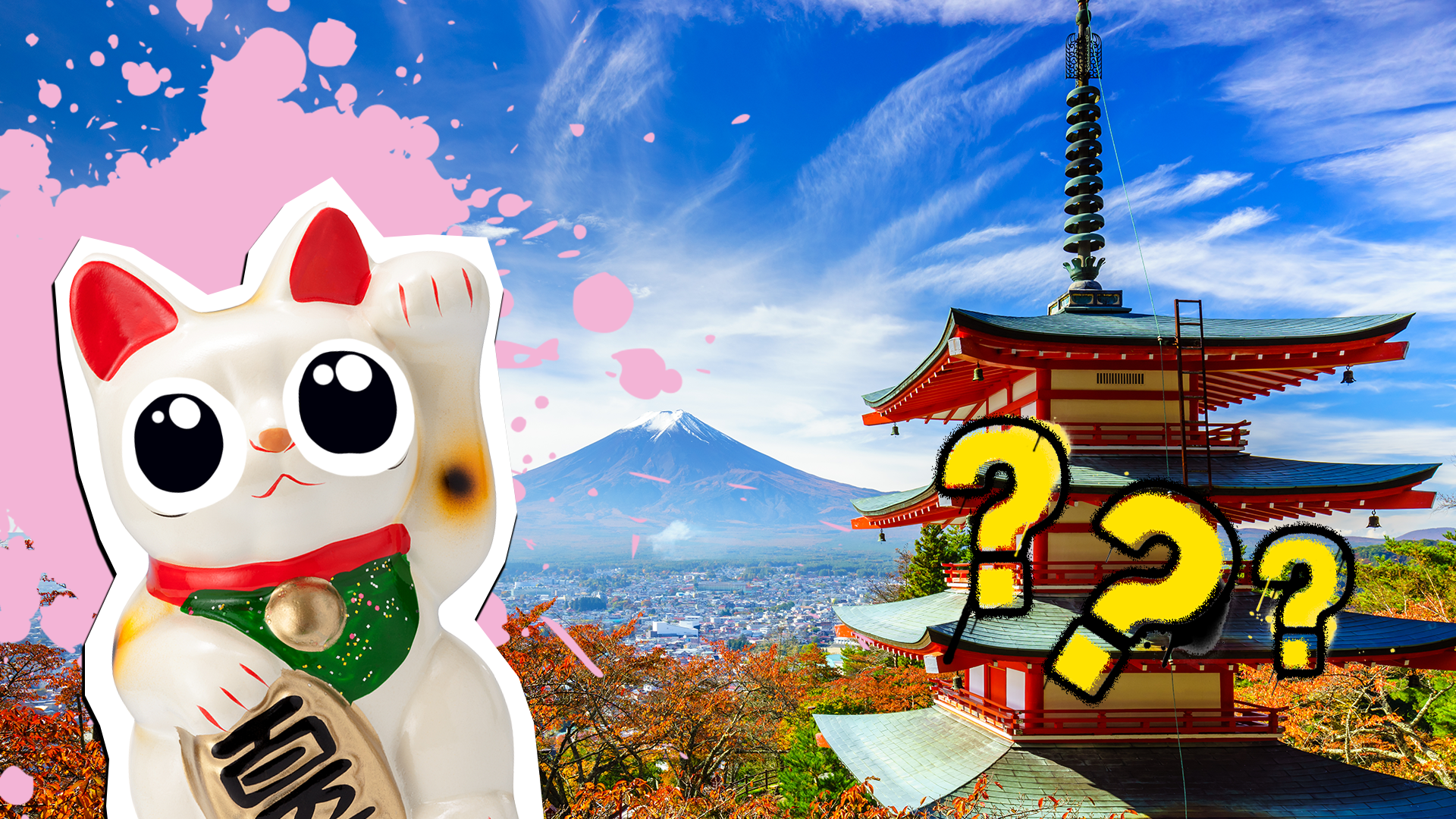17 Green Recycling Facts!
Go green with these seventeen amazing facts about the world of recycling!
Recycling is one of the best things you can do for the planet, and nowadays it's easier than ever! There are loads of recylcing points to take your used packaging, boxes and bottles to, and most places offer pavement pick-up for recycling, too! There's a lot to learn about the world of recycling - do you know how much the average Brit throws out a year, or where old electronics go? You're about to find out!
Need more green in your life? Check out some of our other eco-friendly pages - try our ultimate climate change quiz, have a go at our Earth Day quiz, or learn all about Greta Thunberg!
1. Lots of things can be recycled

Lots of different materials can be recycled and reused, including glass, metal, plastic, paper and cardboard. This means that we don't have to use up resources to get more of these things - less mining, less cutting down trees, less drilling for oil and fewer factories processing materials. This keeps the planet happy!
2. You throw away more than you think

The average UK adult throws away 400kg of rubbish every YEAR. That's about the same weight as a grand piano, and at least some of it can be recycled!
3. Wales is the best recycler in the UK

Percentage time! The UK as a whole only recycles around 45% of recyclable waste. Wales does the most with a 57% rate, with Northern Ireland recycling 46%, England 44%, and Scotland only 43%. The world's top recyclers are Germany, Austria and South Korea, with up to 70% of waste recycled!
4. Food waste is a big problem

Food waste is when we throw away food that's either still good to eat, or that went bad because we didn't use it in time or there was a problem with the way it stored (so, if your fridge isn't cool enough it could make your food go bad more quickly). This is a big problem for the environment and for our wallets - food costs money! The UK produces about 7m tonnes of food waste every year. Luckily there's lots you can do to help - check your fridge is the right temperature, make sure your food is stored properly, don't take food if you're not sure you will eat it, and check out some recipes to learn all the cool ways you can use up ingredients! Inedible waste like banana peels and egg shells can be composted safely (and the worms in your garden will thank you)!
5. We waste a lot of cans

Fun fact - if we stacked up all the cans that were thrown out in the UK each year, they would reach the moon THREE TIMES. Yikes! Much better to give them a rinse and pop them in the recycling!
6. Making cans uses up a lot of energy

It takes about 20 times as much energy to make a new can from raw materials as it does to recycle one!
7. We produce so much rubbish in so little time

In just two hours enough rubbish is thrown away in the UK to fill the Royal Albert Hall! That certainly won't make the shows any better!
8. You can recycle your electronics, too!

It's great to get a brand new phone, but don't just throw your old one in the bin! Find out where you can take your electronics for recycling, there will be a place near you somewhere. Lots of really cool stuff can be done with your old electronics too - stuff like...
9. You can make fashion from old electronics

Popstar Nicola Roberts wore a dress made from 315 metres of household electrical wires, and it looked awesome!
10. You can get environmentally friendly jewellery

Electronics contain a lot of metals, including precious ones like gold, silver and copper. Some brands can use these to make jewellery. Not only are you saving the planet with jewellery like this, you're also showing you care about people. A lot of jewellery is made using bad labour practices to mine jewels and precious metals. Show your support by going green!
11. Your old electronics can be used by other people

Even when you get a new phone your old one might still work fine! One charity, The Turing Trust (founded by the family of famous mathematician Alan Turing) will take unwanted computers, refurbish them and then give them to communities in Africa for learning and communication. That's pretty cool!
12. The biggest electrical waste site in the world is in China

The small town of Guiyu in China's Guangdong province contains a 52-square kilometre dump site where electronic waste from all over the world is dumped at the rate of about 100 truckfuls every day. About 150,000 people live in Guiyu, and it used to be a farming community. Now the pollution from the waste is so bad that nothing can grow in the soil and the river water can't be drunk. People in Guiyu have higher rates of various illnesses and health problems. It's thought that most of the waste comes from developed countries that would rather pay to send their waste abroad than dispose of it properly. It's worth getting involved with causes to stop this from happening - and before you throw an electronic in the bin, think about where it might end up.
13. Packaging can be a problem

Lots of products come with too much packaging - in fact, about 15% of the price we pay for a product is just for the packaging, which is usually thrown away! Lots of companies are trying to use less plastic and cardboard in their packages. You can help by buying products with little or no packaging (it's better and often cheaper to buy fruit and vegetables loose and use a reusable bag to put them in), and by making sure products you do buy come in recyclable plastic or card!
14. Water is used to make paper

When we think about wasting paper we think about trees being cut down, but we might not think about how much water is used in manufacturing paper! Around 10 litres of water is used to make just one sheet of A4 - that's 5 big bottles of coke! Every tonne of paper recycled will save around 7000 gallons of water. Around 80% of paper in the UK is recycled, so that's good!
15. Put some thought into your wrapping paper

Did you know that each year around 227,000 miles of wrapping paper are thrown away every Christmas? That's enough to cover over 11,000 football pitches! This is even worse because not all wrapping paper can be recycled - if it contains foil or glitter, it can't be put into the paper recycling. You can recycle wrapping paper if it passes "the scrunch test" - just scrunch it into a ball, and if it stays that way, it's recyclable! Make sure to take any sellotape off the paper as well.
16. Plastic is still a problem

Plastic is a huge problem because it's tricky to recycle and it takes up to 100 years to decompose. It's also made of oil, which is expensive to get and causes a lot of political problems. You could drive a car 11 miles on the oil used to make one plastic bag! We're seeing more reusable bags nowadays, and the introduction of a bag charge in the UK in 2015 helped to cut down plastic bag usage by 83%. This is great, but plastic still causes lots of problems. Plastic waste in the countryside is very dangerous for wildlife, who might try to eat it or become trapped in it. Try to buy as little plastic as possible, and always take your litter with you.
17. You can help

Some of these facts seem scary, but as you might have noticed, there is a lot you can do to help. Get information about recycling from your local library and online, and find out where your nearest recycling points are and when your council does recycling pick-ups. Offer to help your family sort out the recycling, and make sure you don't waste food! The saying is "Think global, act local" - so make sure you and your community are helping out however you can!













